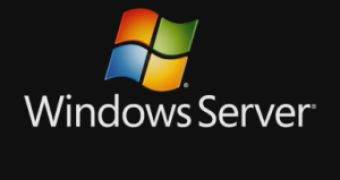The TechEd EMEA 2008 conference is the stage where Microsoft introduced Windows Server 2008 Remote Desktop Services as the evolution of Terminal Services. In the next iteration of the Windows Server operating system, the Redmond giant has labored in order to enable a new level for remote workers scenarios. This is where the Windows Server 2008 Remote Desktop Services comes in, as Manlio Vecchiet, Director of product management on the Windows Server marketing team, explained.
“Remote Desktop Services (RDS) is the new name for Terminal Services, and reflects the expanded role in Windows Server 2008 R2 so that you can run the desktop or applications in the datacenter while your users can be anywhere,” Vecchiet stated. “RDS enables a full-fidelity desktop or application experience and efficiently connects remote workers from managed or unmanaged devices. RDS helps keep critical intellectual property secure and simplify regulatory compliance by moving applications and data from the user’s access device to the data center.”
The replacement of Terminal Services is designed to streamline centralized desktop implementations, and to permit companies to use the next version of the Windows Server operating system as a platform for strategies tailored to remote workers. Together with the Remote Desktop Services, the Remote Desktop Connection Broker will permit advanced management of not only virtualized desktops but also that of session-based remote desktops. Remote users will be able to access virtualized Windows clients, with support for multiple monitors, bi-directional audio, and even Windows Aero graphical user interface.
“Together with Hyper-V and System Center Virtual Machine Manager, the Remote Desktop Connection Broker enables a VDI solution for low-complexity, departmental environments, and a platform for partners who are delivering rich, extensible solutions where heterogeneous client support is a prerequisite, and when enhanced management and scalability is a requirement,” Vecchiet added.

 14 DAY TRIAL //
14 DAY TRIAL //